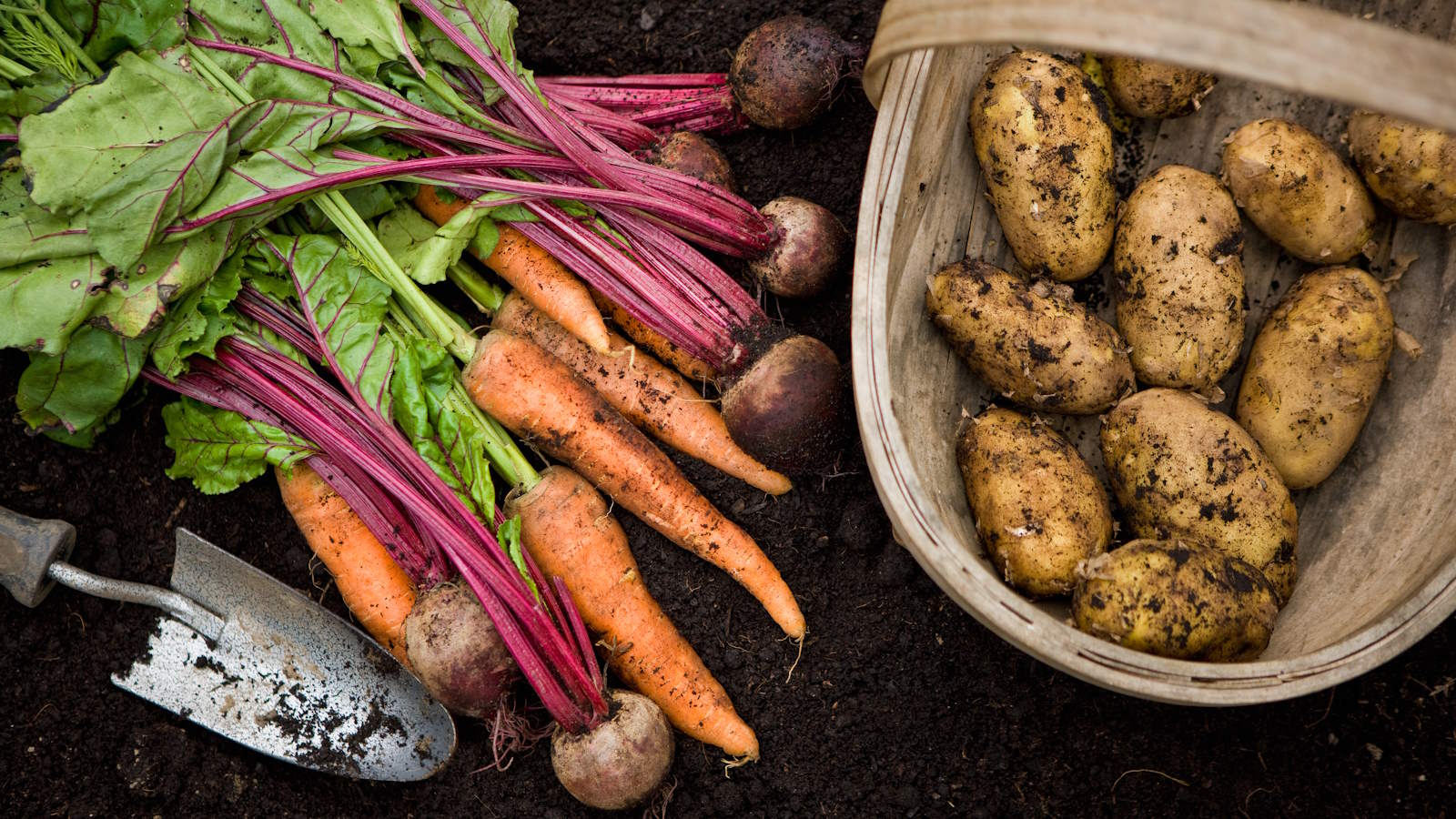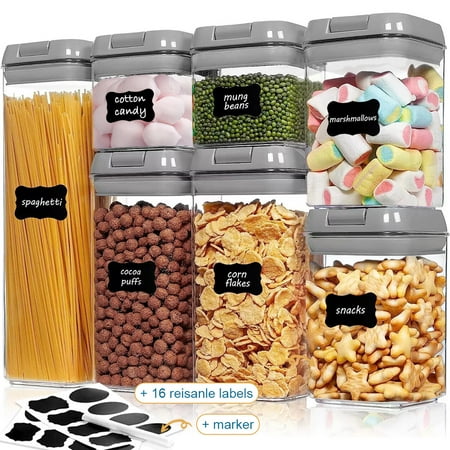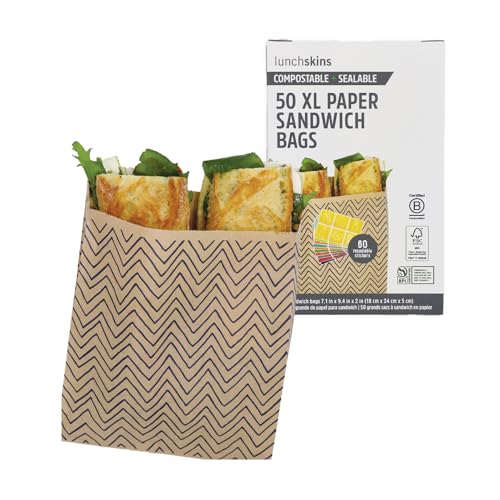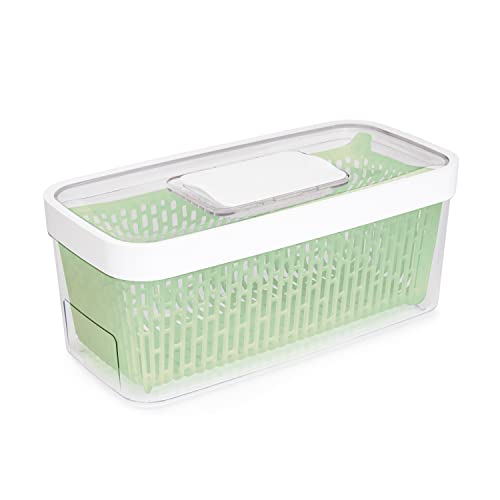I used to get the ick when I opened my fridge crisper drawer – but not since learning these tips on how to store carrots properly
Keep this kitchen staple fresh, sweet, and crunchy for weeks with this expert advice


There's nothing more disappointing than going to the fridge to find a soggy, browning bag of carrots which have prematurely gone off, so I've set myself the task of learning how to store carrots to make them last longer at their best.
Carrots are such a great summer vegetable – sweet, crunchy, colorful and super versatile for adding raw to summer salads - think grated, ribboned or in batons for scooping up dips (try our mung bean hummus), or cooked in a roast root vegetable salad.
I talked to professional chefs and a food waste expert to discover their top tips on extending the shelf-life of this versatile veg, and how to reduce those extra pop-outs to the store.
1. Keep carrots on your counter (short term)
Sometimes I like to prep ahead at the start of the day by laying out my ingredients (which don't require refrigerating) on a counter ready for the evening. Trina DeKett, professional chef and operations specialist behind BaKIT Box recipe kits explained to me how it's ok to leave carrots out on kitchen counters for short periods of time.
'Whole, unpeeled carrots left on your kitchen counters can be incredibly convenient to grab, but it's only advisable to do this if you plan on using them in the next couple of days,' says Trina. 'Carrots stored this way will only be in their prime for two or three days.'
This is because they will lose moisture faster out of the fridge, becoming less crisp and sweet. You can leave them in their original produce bag or I like to use a rustic basket (like this woven storage basket from Amazon) for root veg that I'm using imminently.
2. Store carrots in your fridge's crisper drawer
The crisper drawer is my go-to place to store carrots, and it seems like food pros agree that it's where vegetables stay freshest for the longest but there are a few ways to ensure this is always the case. Raphael Wrobel, a graduate of the Living Light Culinary Institute with certification in handling and instructing on raw food, taught me an extra hack to keep my carrots crunchy in the fridge for up to an entire month.
Design expertise in your inbox – from inspiring decorating ideas and beautiful celebrity homes to practical gardening advice and shopping round-ups.
'When storing carrots in the crisper drawer of your refrigerator, wrap them loosely in a layer of paper towel to help lock in moisture, and change it weekly,' says Raphael. 'The damp environment helps to maintain the crispiness of your carrots, but it won't be too damp to encourage rot.' Your wrapped carrots can then be placed inside of a paper bag to keep them together and prevent the vegetables from sweating (which they would do in a plastic bag).
I'll be making a note on one of these 8 Large Magnetic Notepads from Walmart and putting it on my fridge to remind me when I bought my veg and how often to change the paper towels.
3. Extend carrot's shelf-life in the freezer
Storing carrots in the freezer has become a game-changer for preventing food waste in my home, as well as a way to encourage me to eat them more regularly. Trina agrees it's a great way to save surplus carrots from store-bought bags or from large crops if you know how to grow carrots and produce bumper home-grown harvests.
'Storing carrots in the freezer works well if you have a bulk amount and do not have the ability to use them all within 1 month,' says Trina. 'It’s also a great option for stews and stir fries, as the carrots do not need to be at room temperature to make those meals, so you can use them straight from frozen.'
To freeze carrots, first rinse them to remove any surface dirt and dry thoroughly so ice crystals don't form on the skin. You can then cut your carrots into your desired shapes and store them in a freezer-safe container or bag.
Freezing your carrot pieces individually spread out on a baking sheet like the Mainstays Nonstick Cookie Baking Sheet from Walmart before bagging them up will help prevent the pieces from freezing together in a lump.
4. Store chopped carrots in water
I have heard about this tip, but always thought it was an old wives' tale. However, according to Justine Reichman, founder of NextGen Purpose, an organization that strives to improve access to quality food and better-for-you food systems, doing this can keep cut-up carrots crunchy for longer.
'Sliced and diced carrots can be covered in water and placed in an airtight container in the fridge as a way to preserve freshness,' says Justine. 'The key is to remember to change the water every two to three days to prevent any bacterial growth.'
Carrots stored this way should be discarded if any signs of discoloration, mold or odor are noticed, but they can stay fresh for up to three weeks. It's a great way to preserve pre-cut carrot sticks or slices if you've over-catered for a meal.
5. Store cooked carrots in airtight containers
Good airtight containers will be your best friend in the kitchen for storing all kinds of cooked leftovers, including carrots. It's an ideal way to save anything you've cooked too much of for another day, which all contributes to reducing food waste.
'Cooked carrots can be stored in an airtight container for three to five days, if they are given time to cool down first,' says Justine. 'If cooked carrots are stored still hot or warm, condensation will form in the container, which will make them soggy and spoil them .'
Cooked pieces of carrot can also be frozen, once cooled, in the same way as raw carrot.

If you wish to store your carrots upright in water inside of your fridge, the vertical containers in this set would give them plenty of space. I love the variety of sizes in this container set for all your leftovers and the included labels for clear marking.

If you're stashing your carrots away in paper bags in the fridge, you can make them look a little better in your fridge by opting for patterned ones. I like this simple chevron design, plus the bags are fully compostable.

This produce keeper basket is easy to use and will prevent excess moisture from turning your carrots soggy. Simply lay your washed and dried produce inside, and enjoy freshness for longer.
FAQs
How can I tell if my carrots have gone bad?
There are a few tell-tale signs that your carrots have gone bad and and are ready for the compost heap. Chef Raphael says, 'There are three really easy-to-spot signs that your carrots should no longer be consumed: slimy or mushy texture, which indicates bacterial growth; strong odor; or the development of white spots and mold. Proper storage is the secret to keeping carrots fresh and delicious for longer, but they will eventually spoil in one or more of these ways.'
How do you use frozen carrots?
Frozen carrots can be used once thawed or while frozen, depending on the recipe they're needed for. Though it's important to remember that thawed carrots will have a naturally softer texture than fresh crisp ones.
'To me the best use for frozen or thawed carrots are adding them to soups, stews, stir-fries, or casseroles,' says Raphael. 'They’re perfect for cooking dishes where the slight softness isn't noticeable.'
Is it better to store carrots wet or dry?
Storing carrots wet or dry are both good options but it depends whether the carrots are whole or chopped. Covering chopped carrots in water and placing in an airtight container in the fridge will prevent them from drying out or becoming bendy and losing their crunch. However, whole, unpeeled carrots are best stored dry in the fridge crisper drawer, wrapped in some paper towel to absorb excess moisture and a placed in a paper bag to reduce sweating.
If you're feeling inspired to grow carrots of your own, we recommend learning when to plant carrots to get the best harvest. This way, you will never be short of tasty veg to add to your meals.

Ciéra is a writer and regional laureate with particular passions for art, design, philosophy and poetry. As well as contributing to Homes & Gardens, she's an Editorial Assistant for Design Anthology UK and a contributing writer for magazines including Livingetc, Apartment Therapy, House Beautiful and Ideal Home. Previous commendations of hers include being Highly Commended by The Royal Society of Literature and receiving a prestigious MA Magazine Journalism scholarship to City, University of London.